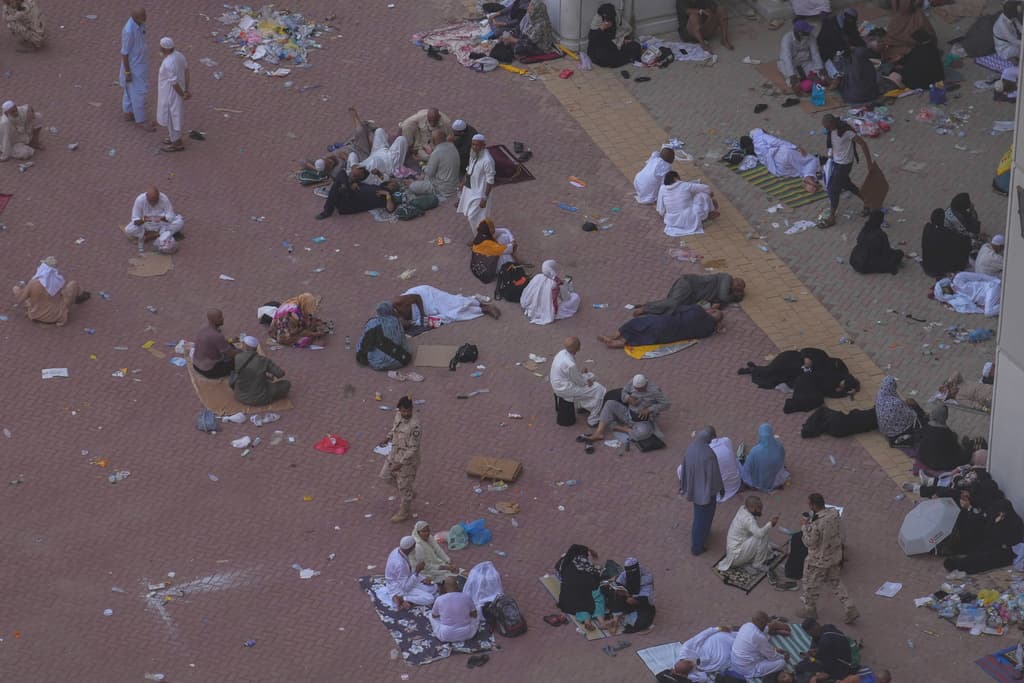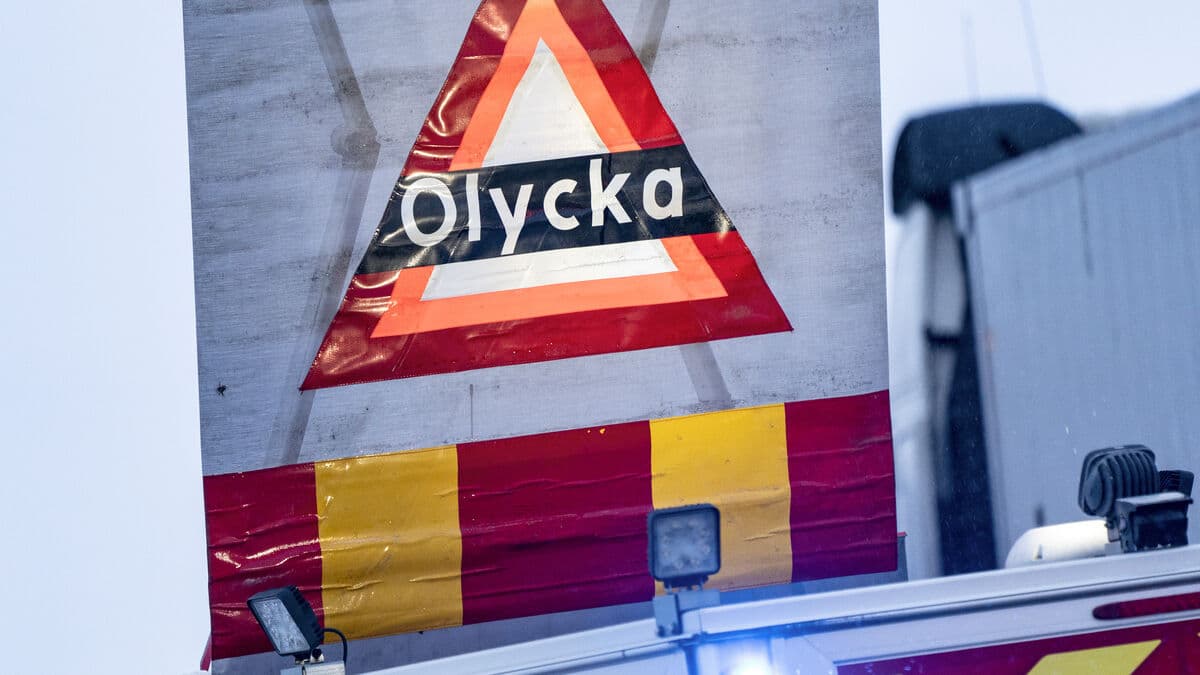The death toll in connection with the Muslim pilgrimage, hajj, has exceeded 1,000, according to a compilation by the news agency AFP.
Several thousand people have required medical attention for heatstroke in the Saudi heat, where temperatures have reportedly climbed to 52 degrees at times.
In a healthcare facility in Mecca, the names and nationalities of the deceased were read out on Wednesday, and those who claimed to be relatives were allowed to enter and identify the deceased.
An Egyptian man broke down when he heard that his mother was among those who had lost their lives. He wept for a while before calling their travel agency.
He left her to die, he screamed, as the group of people around him tried to calm him down.
Many Egyptians
Egyptian pilgrims are said to account for over half of the confirmed deaths. Jordanians, Tunisians, and Indonesians have also perished.
Many of the deceased are pilgrims who, for economic reasons, did not register, which means they did not have access to the air-conditioned spaces set up by the Saudi authorities.
Over 1.8 million people participated in this year's edition of the religious gathering, which concluded on Wednesday. Hundreds of pilgrims die annually during the hajj, but this year's pilgrimage took place during an unusually intense heatwave.
One of the Five Pillars
Indian pilgrim Khalid Bashir Bazaz claims to have seen "many people who collapsed unconscious to the ground" during this year's hajj.
The pilgrimage is one of Islam's five pillars, which form the foundation of the religion. All healthy Muslims who can afford it are expected to make the journey to Mecca in western Saudi Arabia at least once in their lifetime.
Islam's calendar is based on the lunar cycle, which means that the hajj falls 11 days earlier each year. Therefore, it will take place earlier in June next year, which could lead to cooler temperatures.
The pilgrimage, hajj, is one of Islam's five pillars, which form the foundation of the religion. The others are the declaration of faith, prayer, almsgiving, and fasting.
Mecca, and in particular the Kaaba and the Grand Mosque, is Islam's holiest site, followed by Medina, where the Prophet Muhammad's grave is located, and the al-Aqsa Mosque in Jerusalem.
During the pilgrimage, several rituals are performed. Pilgrims, for example, walk seven times around the Kaaba in the Grand Mosque. The devil is also symbolically stoned to death.
The Kaaba is a large, cube-shaped building clad in black fabric, located in the courtyard of the Grand Mosque in Mecca.






